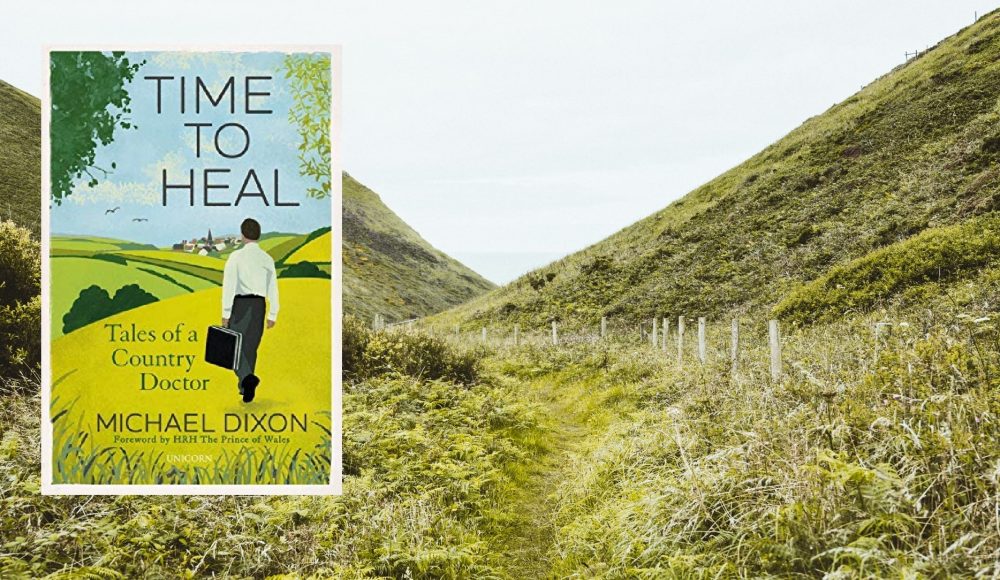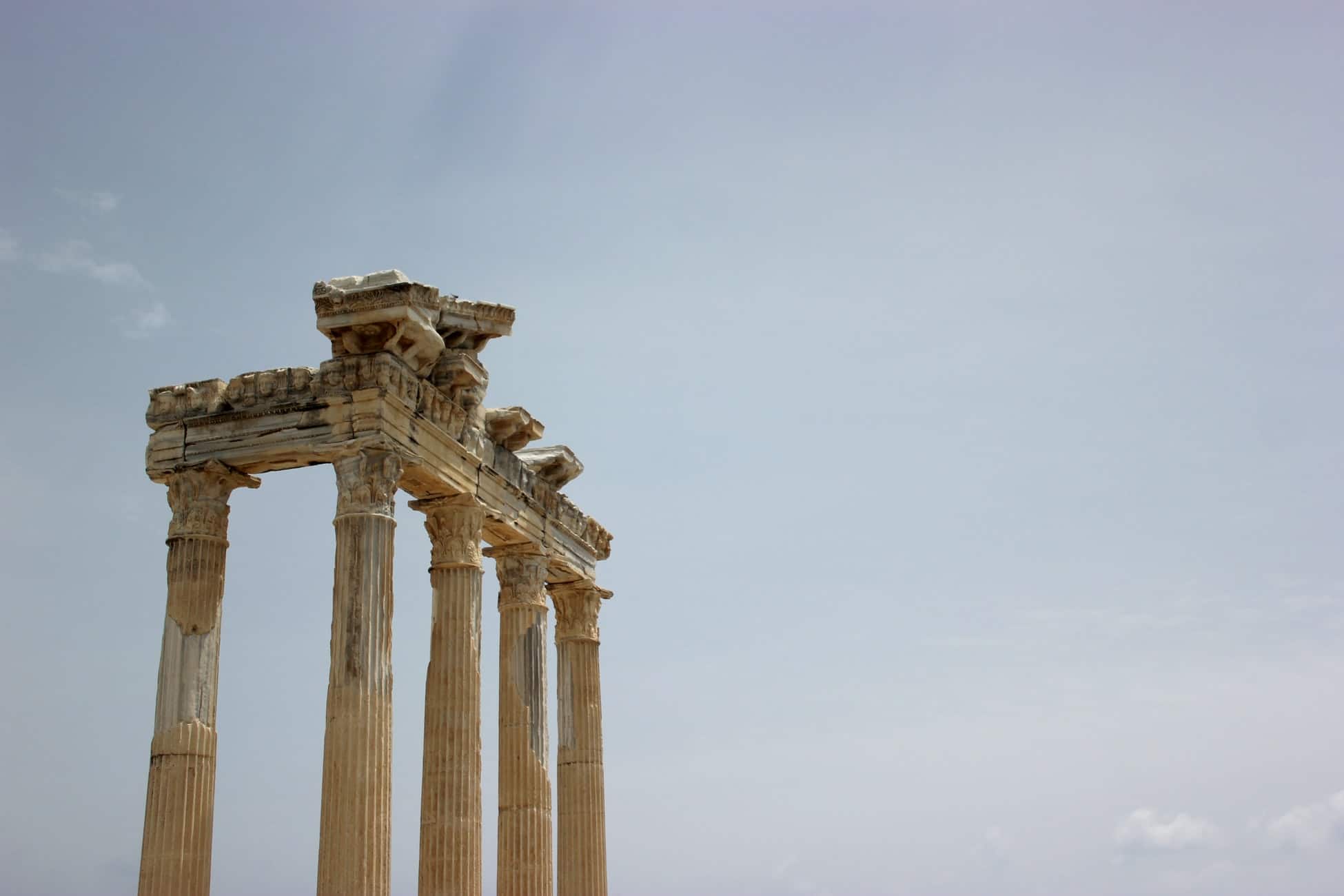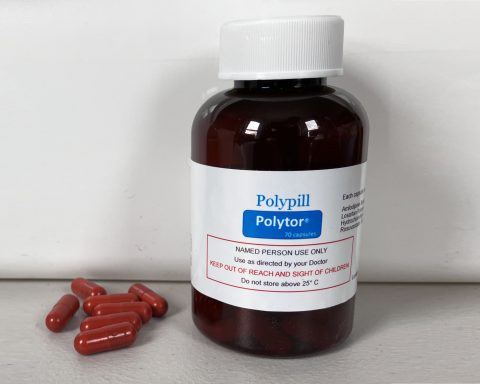
This year has been a backdrop to profound human loss. In protecting those who survive, we manage with varying degrees of success. Reconciling the need to shield the vulnerable with our traditional role of being physically present in their care has been a challenge. Having had to observe and guide patients more ‘passively’ from a distance, I am reminded of the following quote: ‘Antonovsky (a holocaust survivor) describes a river of life, where everyone is swimming. In this metaphor, disease is not something that can be prevented as such, but a possibility to be navigated in the rapids and eddies which form part of the river. Some people are good swimmers and can manage these twists and turns easily. Others are less confident and need to take refuge on a rock or hold onto others to stop.’ 1
Our situation, especially whilst consulting remotely has featured more observation and less control of the possibility and management of disease than usual. It is therefore more vital than before to consider that facets other than the biophysical model of patient care exist. A recent reminder in practice came from a patient’s son who called me specifically to highlight his aged mother’s ‘rich and valued life’. I reflected on my previous, perhaps reductive approach to her as I had relayed the referral criteria for surgery. His call was a timely reminder to restore dignity within the consultation. It is after all dignity which we all deserve and a sense of self deeper than just our likely diagnosis or referral outcome.
So often in medicine we are guided to listen, and it remains one of our most powerful tools. In this current circumstance however, where listening remotely may not transmit the same air of compassion, our verbal encouragement and recognition of a patient’s inherent value may act as a source of healing and empowerment. The redemptive energy of a simple acknowledgement may prove most powerful.
We are guided to listen … our verbal encouragement and recognition of a patient’s inherent value may act as a source of healing and empowerment.
The patient story and background, the backbone of ‘narrative medicine’ is accessible to us all and may be key to finding hope during times of destruction.2 Narrative medicine allows us as physicians and patients to ‘derive meaning from the stories we tell’ and better ‘understand the illness experience’. It is that simple. At times of tragedy and loss, these maybe the only meanings which endure. 3
We are surrounded by stories, a ‘given’ in our careers. Amongst the medical professional community this year we see so many examples of those who are to be defined by their bravery and not their deaths. Other narratives are deeply personal, patients who share something to make us smile. A breathless patient’s pride in his rose bushes and my invitation to drive past his house to view them is a favourite example.
Some of the biggest heartaches have come from losing greater than expected numbers of our elderly. We are and have been serving a generation of stalwarts, whether matriarchal or patriarchal figures who arrived and built homes for their families in this country or those who fought or grew up in wartime Britain. The practice of remembering their stories to boost their sense of self and humanise our connection, may render us vulnerable to sadness but may also make the process of contemplating our patient’s fates more bearable. There are also other losses to consider, those rising from unemployment, poverty and missed educational chances which can be considered with greater depth and compassion through the individual narrative.4
We have been serving a generation of stalwarts …. who arrived and built homes for their families in this country or those who fought or grew up in wartime Britain.
Atul Gawande, a surgeon, writer and deep supporter of the patients narrative as the missing puzzle piece in medicine, writes: “In the end, people don’t view their life as merely the average of all its moments – which, after all, is mostly nothing much plus some sleep. For human beings, life is meaningful because it is a story. A story has a sense of a whole, and its arc is determined by the significant moments, the ones where something happens. Measurements of people’s minute-by-minute levels of pleasure and pain miss this fundamental aspect of human existence … We have purposes larger than ourselves.’’5
As this year ends and we take stock of all that has happened, let our discussions and meetings allow time to honour our patients, living and gone through their wonderful stories, unique, compelling and harbingers of hope.6
References
1. Humanising healthcare, Patterns of Hope for a system under strain. Margaret Hannah, International Futures forum, 2014.
2. Dwyer L, 2017. BMJ Blog https://blogs.bmj.com/medical-humanities/2017/05/30/does-narrative-medicine-have-a-place-at-the-frontline-of-medicine/
3. Zaharias G, 2018. What is narrative based medicine? Can Fam Physician https://www.ncbi.nlm.nih.gov/pmc/articles/PMC5851389/
4. Heath I, 2020. Covid 19 and the legacy of grief. BJGP https://doi/103399/bjgp20X712181
5. The Guardian. https://www.google.co.uk/amp/s/amp.theguardian.com/books/2016/apr/22/literature-about-medicine-may-be-all-that-can-save-us
6.Charon R, 2001. Narrative Medicine, a model for Empathy, Reflection, Profession and Trust. https://jamanetwork.com/journals/jama/fullarticle/194300
Featured photo by SOCIAL.CUT on Unsplash








